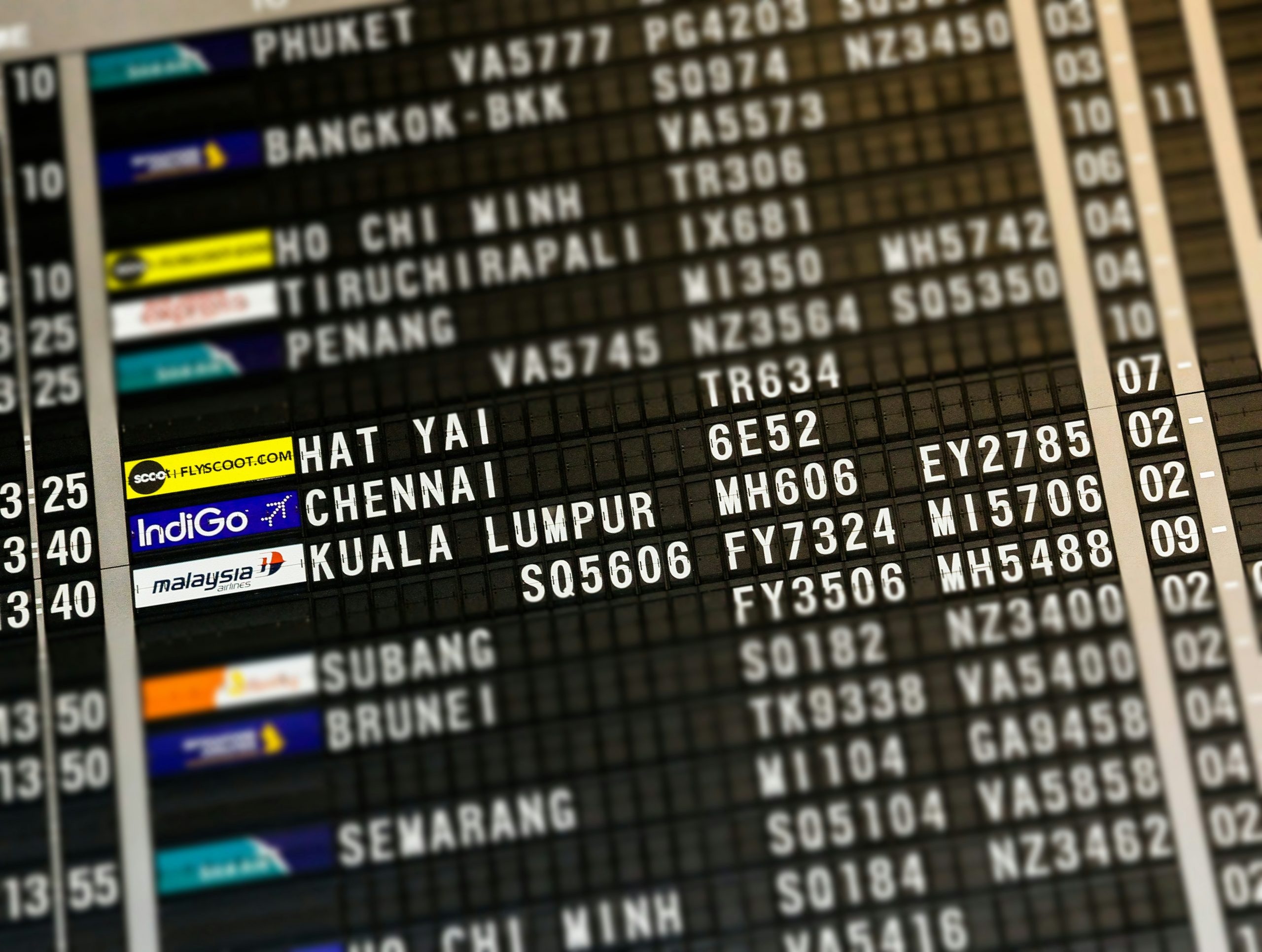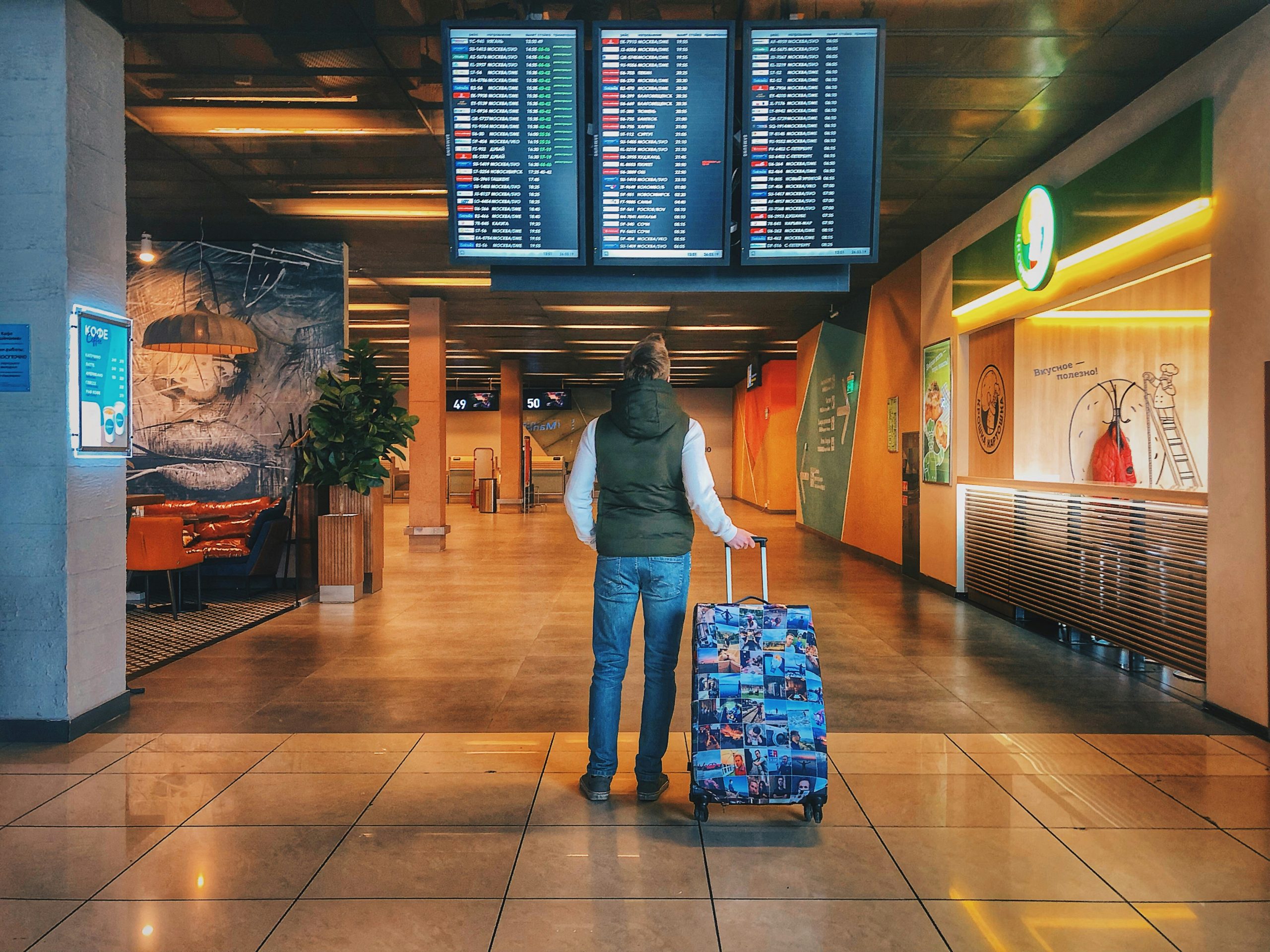Your Journey
Starts Here
Compare prices from hundreds of airlines, hotels, and car rental companies. Find the best deals for your next adventure.
🏛 Tours & Activities
Discover the best tours, activities, and experiences in the world's most exciting cities.
🚗 Rent a Car Anywhere
Compare car rental prices from top providers worldwide. Whether you need a compact city car or a spacious SUV for a road trip, find the best deals in seconds.
- ✓ Free cancellation on most bookings
- ✓ No hidden fees — transparent pricing
- ✓ Pick up at airports, train stations & city centers
Travel eSIM
Stay connected wherever you travel, at affordable rates. No more expensive roaming charges or hunting for local SIM cards.
Airport Transfers
Skip the taxi queue. Book reliable airport transfers with fixed prices, flight tracking, and door-to-door service worldwide.
Travel Blog
Tips, guides, and inspiration for your next adventure.

Hidden City Ticketing: Smart Travel Hack or Risky Gamble?
Hidden city ticketing offers potential savings, but it comes with risks. Learn how this travel hack works, the pros and cons, and how to use it safely in this guide.

The Psychology of Flight Pricing: Why Ticket Prices Change 10 Times a Day?
Why do flight prices change constantly? Explore the psychology and algorithms behind dynamic pricing and how to make smarter booking decisions with FlyStayRide.

Is Tuesday Still the Smartest Day to Buy Cheap Flights? We Looked at the Data
Is booking flights on Tuesday still the cheapest strategy? We reviewed Google Flights data and real-life examples to find out. Read the full breakdown here.

Layover Legends: Transform Airport Downtime into Unexpected Adventures
Discover how to transform boring flight layovers into exciting mini-vacations. Learn expert tips for exploring new cities, navigating transit rules, and making the most of your travel downtime.

New York City 2025: The Ultimate Traveler's Insider Guide to The Big Apple
The Evolving Landscape of New York City Travel Traveling to New York City in 2025 is set to be more exciting and accessible than ever before. As the travel industry continues to adapt, visitors can expect a blend of technological innovation and authentic experiences. Budget-conscious travelers will...

10 Bizarre Street Foods That Will Shock and Delight Your Taste Buds in Istanbul
Istanbul's street food scene is a wild rollercoaster of flavors that will make your taste buds do somersaults and your stomach embark on an adventure of epic proportions! Forget everything you know about conventional cuisine – we're about to dive deep into the deliciously weird world of Turkish...
Why FlyStayRide?
Best Prices
We compare prices from hundreds of providers to find you the best deals.
Trusted Partners
We work with trusted booking platforms like Booking.com, Aviasales, and more.
Expert Advice
Our travel blog provides tips and guides to help you plan the perfect trip.
Ready to Explore?
Start searching for the best travel deals and make your dream trip a reality.





